Roundtable and workshop "Giving 'hands' to overlooked objects"
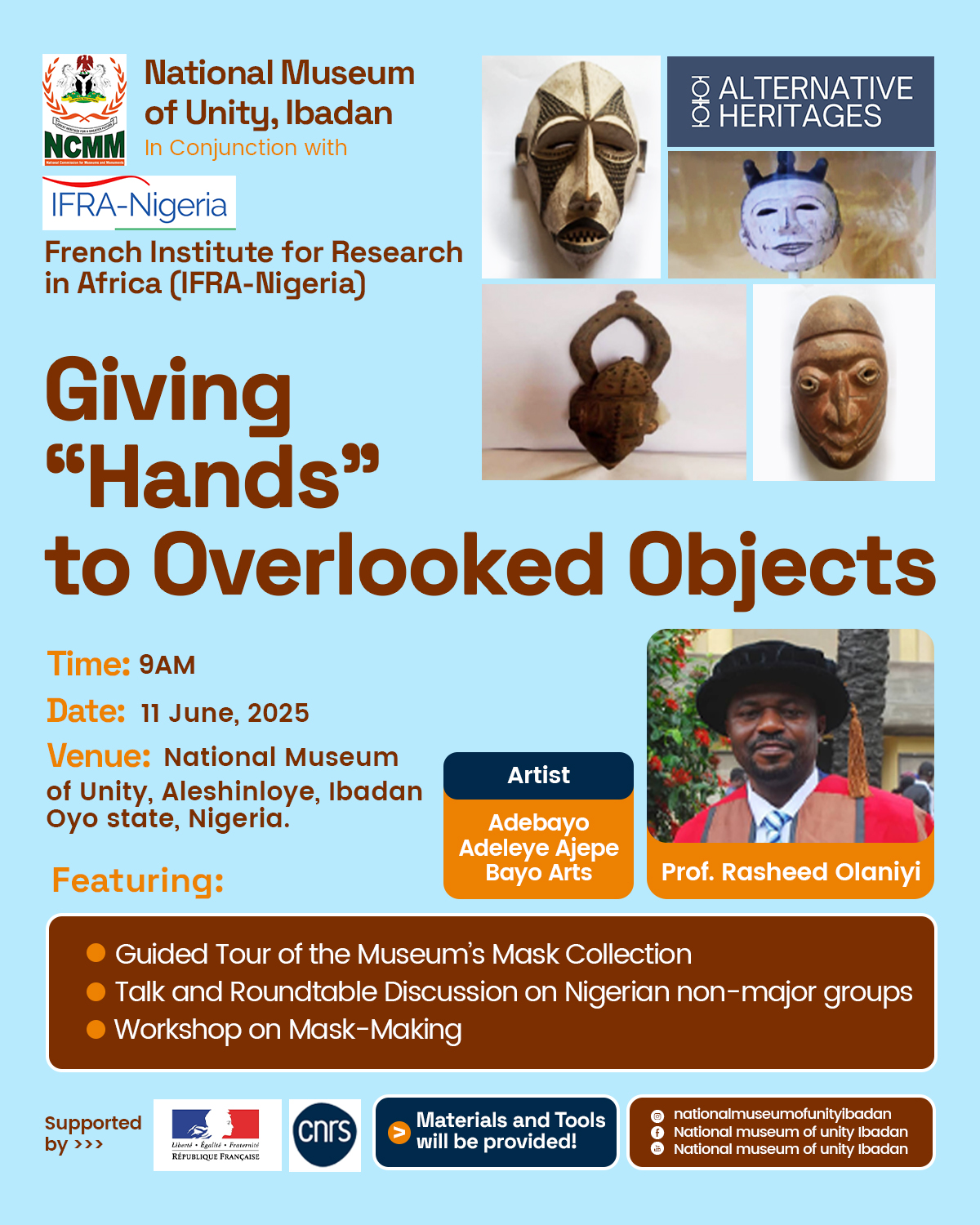 On June 11, 2025, IFRA-Nigeria and the National Museum of Unity hosted the latest event of their partnership within the Nigerian Alternative Heritages project “Giving ‘Hands’ to Overlooked Objects”. The event was centered on so-called minority groups and objects of shared heritage.
On June 11, 2025, IFRA-Nigeria and the National Museum of Unity hosted the latest event of their partnership within the Nigerian Alternative Heritages project “Giving ‘Hands’ to Overlooked Objects”. The event was centered on so-called minority groups and objects of shared heritage.
The National Museum of Unity, among its 2,500+ object collection, holds not only objects from so-called major groups in Nigeria but also from ‘non-major’ groups, exemplifying the shared heritage of Nigerian peoples. Specifically, the mask collection at the museum is evidence of the shared cultural heritage and objects of minority groups across different geopolitical zones in Nigeria. For this event, facemasks from the communities of the Igala, Ibibio, Uhrobo, and Idoma people were showcased. While these masks serve different functions and have varied shapes and meanings, they also share commonalities in religious significance and features associated with cultural festivals.
The hands-on participatory workshop was led by Mr Adebayo Adeleye Ajepe (Bayo Arts), and featured a side exhibition of masks from the Uhrobo, Idoma, Ibibio, and Igala communities. At this workshop, schoolchildren, students from the Department of Theatre Arts at the University of Ibadan, and other adults, including community leaders from invited migrant communities in Ibadan, participated. The organisers provided materials and tools to aid creative expression and demonstrate the making of these objects. Meanwhile, some younger audiences chose to express their creativity through drawings and paintings of masks.
Presentations and roundtable discussions preceded the workshop. Professor Rasheed O. Olaniyi of the Department of History, University of Ibadan, delivered a lecture, "Minority Communities and Intergroup Relations in Ibadan". He highlighted Nigeria’s diversity and the intermingling of people, specifically non-Yoruba migrants in Ibadan during the 1950s, spotlighting the history, occupation, and social relations of some minority groups with other minority groups and the host community settled there.
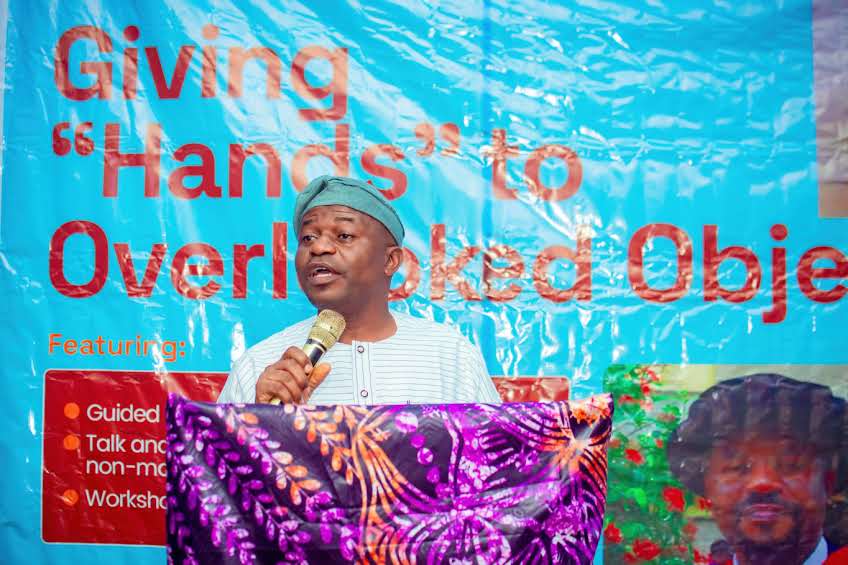
Professor Olaniyi’s presentation was followed by a talk on the art of carving, during which Bayo Arts took the audience through the process, materials, and tools, as well as the functions and types of carving and mask-making and his motivation and challenges with the craft. He identified the types of trees used in mask-making, including Iroko and Mahogany, and explained how carving is a family heritage passed down to him through his maternal lineage. Given that this is a cross-generational event, all categories of audience members had questions for Bayo Arts, including issues such as deforestation, entrepreneurship, the religious functions of these objects, and origin-based adornment.
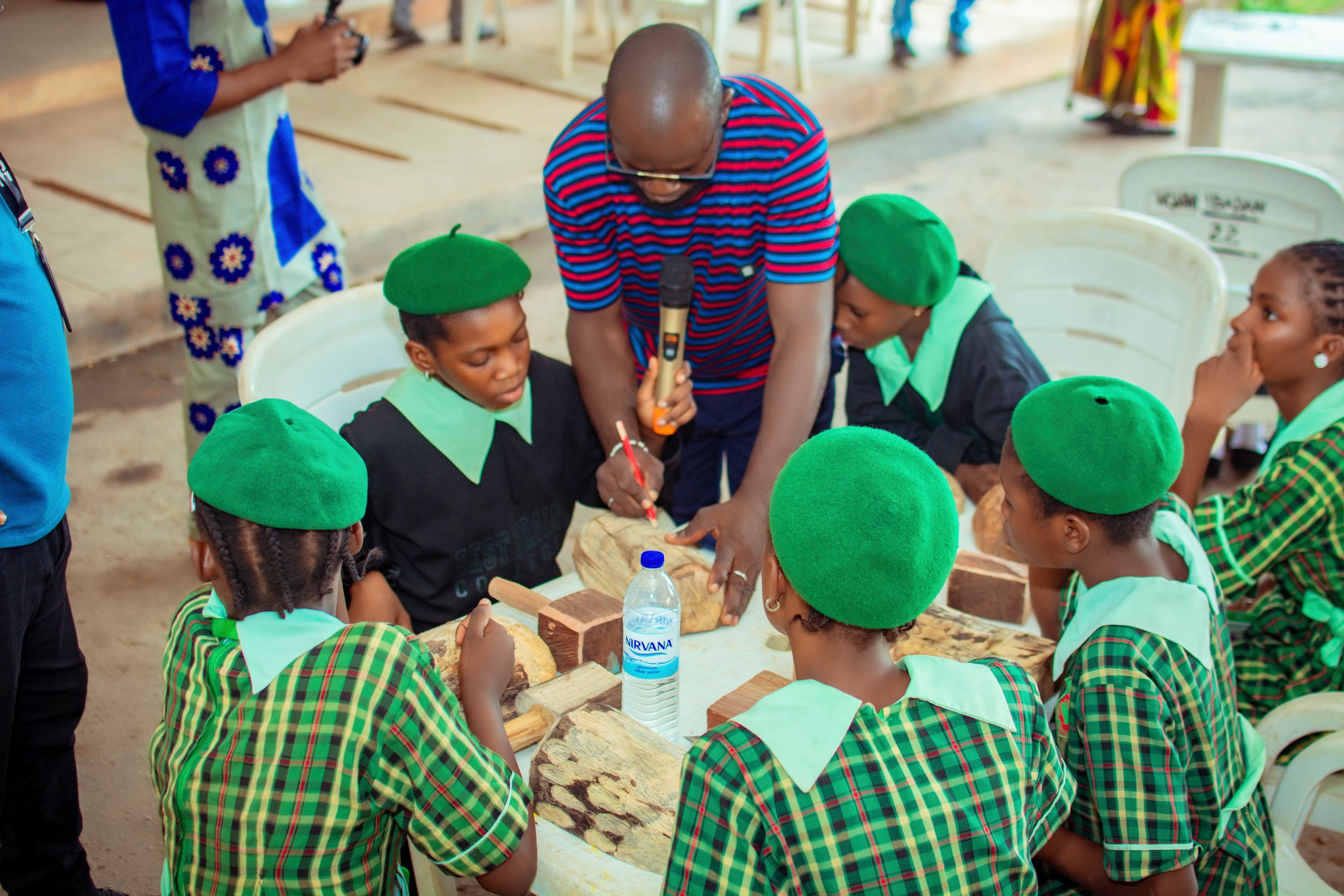
The roundtable discussion moderated by Adéjọkẹ́ Rafiat Adétòrò fostered meaningful interaction with community leaders in attendance and the audience. One key takeaway from this discussion was the meaning of 'minority' which the community leaders contested. They answered questions related to the history of their settlements in Ibadan, leadership, and community engagement with the host communities and other migrant groups. This discussion highlighted the diverse reasons for people migrating across different towns, away from their place of origin and even geopolitical zones. At the same time, some were precipitated by trade and entrepreneurial opportunities, such as among the Igala people. Some were due to the aftermath of the Nigerian Civil War, as mentioned by Obong Etuky; even though some Ibibio people had already taken positions in the University of Ibadan, like them, Okobaro of the Uhrobo community stated that the migration of his kinspeople to Ibadan started with those who had taken up academic positions at the University College Ibadan, now the University of Ibadan.
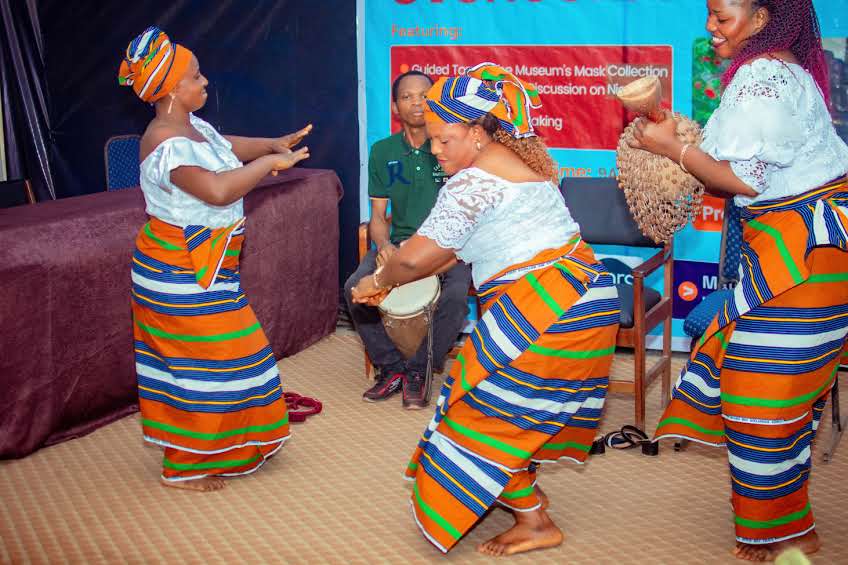
Community leaders, HRH Ajofe Dr Friday Okoliko, Onu Igala of Ibadanland; HRH Obong Etim Bassey Akanyak, Obong (Ibibio) Akwaibom of Ibadanland, represented by Obong Edit Edem Etuky and HRH Samuel Anigboro, Okobaro Uhrobo of Ibadanland, also took the time to showcase the attire of their communities, which showed both commonalities and differences. The roundtable discussion was capped with a dance presentation by the Igala community and a showcase of receiving guests by the Ibibio community.
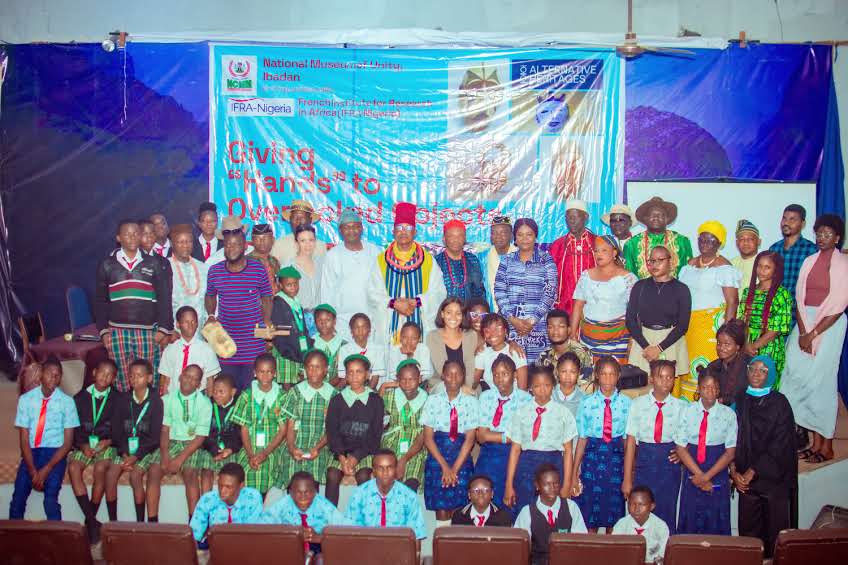

Social Media
Mailing List